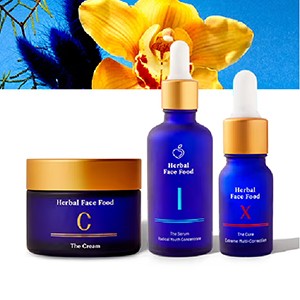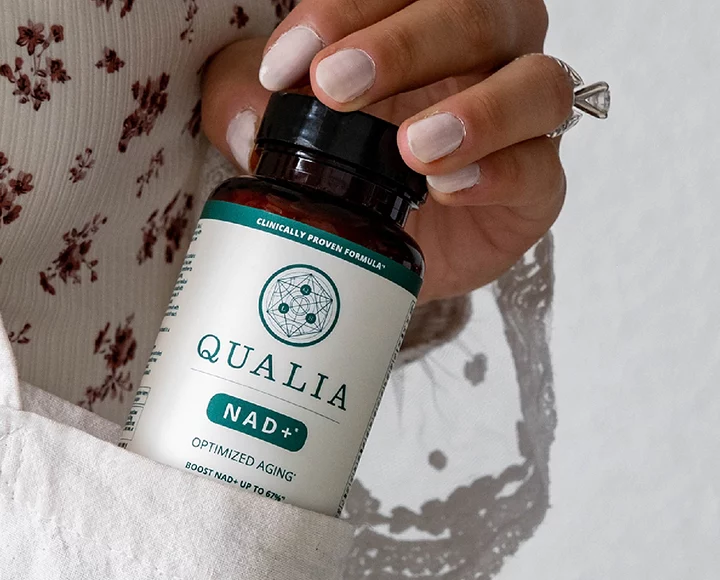Sometimes it isn’t always easy to decide what produce is more important to choose in its organic form over conventional. If you can purchase organic, it is always preferred. However, there are certain items that are still of good quality even if not organic. Even purchasing items locally can actually be better than organic, as it hasn’t traveled as far from the source. Some food for thought: experts say nutrients become lost progressively daily following a crop’s harvest. In addition, researchers have found that even low-level exposure to pesticides can affect the nervous system, leading to neurological and behavioral problems. Toxins used in farming accumulate in our soil, water and bodies.
For a general rule of thumb, produce that has a thick skin (like avocados) are fine when bought conventionally. The skin can protect the fruit or vegetable from any pesticide or herbicide exposure. Root vegetables such as ginger, carrots and beets are more susceptible to fertilizers, therefore making organic and/or local the best bet. Certified Organic and Local is the crème de la crème when it comes to food. Many local farmers – even though they don’t use harmful pesticides and other sprays – are not certified to be organic as the cost to obtain the certification is out of their reach, so don’t always rule out local farmers. Farmers’ Markets are a great way to connect with the farmers and actually know what you’re buying.
Buy organic at all costs:
Apples, Celery, Strawberries, Peaches, Spinach, Nectarines, Grapes, Sweet Bell Peppers, Potatoes, Blueberries, Lettuce, Kale/Collard Greens.
If possible, buy organic or locally:
Green Beans, Summer Squash, Pepper, Cucumbers, Raspberries, Grapes – Domestic, Plums, Oranges, Cauliflower, Tangerines, Bananas, Winter Squash, Cranberries.
Safe conventional bets:
Onion, Sweet Corn, Pineapples, Avocado, Asparagus, Sweet Peas, Mangoes, Eggplant, Cantaloupe, Kiwi, Cabbage, Watermelon, Sweet Potato, Grapefruit, Mushrooms.












